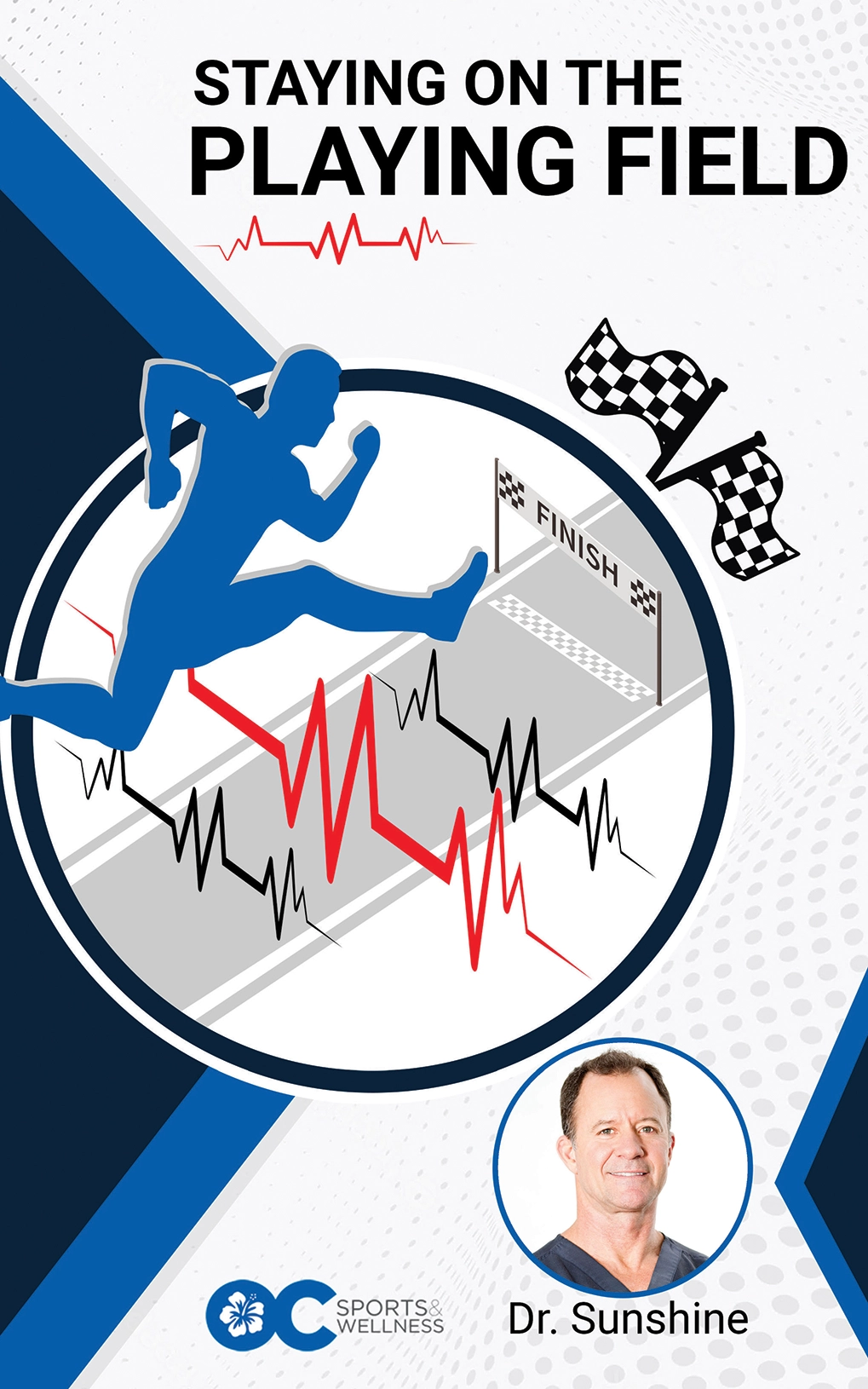Physical activity is often celebrated for its many health benefits, such as improved cardiovascular health, increased muscle mass, and assistance with weight management. However, the positive impact of exercise on mental health is equally significant.
Exercise Makes Your Brain Happy
Regular physical activity can help keep your brain healthy and protect against mental health disorders like depression and anxiety. Exercise influences brain health and helps to keep you happy, so it’s vital to learn how to incorporate physical activity into your routine for optimal mental well-being.
1. Neurogenesis and Brain Plasticity
Regular physical activity promotes neurogenesis, forming new neurons in the brain. This is especially important in the hippocampus, a critical area for memory and learning. By encouraging the production of new neurons, exercise helps to enhance cognitive function and guard against cognitive decline.
Regular physical activity improves brain plasticity, the brain’s capacity to adapt and reorganize itself. This adaptability is crucial for learning new skills and recovering from brain injuries.
2. Increased Blood Flow and Oxygenation
Activity increases blood flow to the brain, delivering more oxygen and essential nutrients. This improved circulation supports overall brain health and function, helping to keep the brain sharp and efficient.
3. Release of Neurotransmitters
Exercise triggers the release of several neurotransmitters, including:
- Endorphins: Often referred to as “feel-good” chemicals, endorphins act as natural painkillers and mood elevators.
- Serotonin: This neurotransmitter regulates mood, appetite, and sleep. Higher levels of serotonin can improve mood and reduce symptoms of depression.
- Dopamine: Known for its role in reward and pleasure mechanisms, dopamine enhances motivation and attention.
- Norepinephrine: This chemical helps the brain manage stress and can improve focus and energy levels.
4. Reduction of Inflammation and Oxidative Stress
Inflammation and oxidative stress are associated with various mental health disorders, such as depression and anxiety. Exercise aids in reducing inflammation and combating oxidative stress by increasing the production of antioxidants and anti-inflammatory molecules.
Exercise and Mental Health Disorders
- Depression
Studies have shown that exercise can be as effective as medication in treating mild to moderate depression. Physical activity helps by:
- Increasing the availability of neurotransmitters that regulate mood.
- Reducing inflammation, which is often elevated in individuals with depression.
- Enhancing sleep quality, which is frequently disrupted in those with depression.
- Boosting self-esteem and providing a sense of accomplishment.
- Anxiety
Exercise can significantly reduce symptoms of anxiety by:
- Lowering levels of stress hormones like cortisol.
- Providing a distraction from worries and negative thoughts.
- Promoting relaxation through activities like yoga and tai chi.
- Improving resilience to stress by boosting mood and confidence.
Types of Exercise Beneficial for Brain Health
- Aerobic Exercise
Exercises such as running, swimming, and cycling boost heart rate and enhance blood flow to the brain, which is particularly effective in promoting neurogenesis and alleviating symptoms of depression and anxiety.
- Strength Training
Research has shown that exercises such as weightlifting can help build muscle, improve cognitive function, and contribute to better mental health. Strength training has also been found to lessen symptoms of anxiety and depression, likely because of the combination of physical exertion and the mental focus it requires.
- Mind-Body Exercises
Yoga, tai chi, and pilates incorporate physical movement, mental focus, and deep breathing. These activities greatly reduce stress, improve mood, and enhance overall mental well-being.
- Social and Recreational Activities
Participating in team sports or group exercise classes provides the added benefit of social interaction, enhancing mood, and providing a sense of community and support.
Incorporating Exercise into Your Routine
- Gradually Increase
If you’re new to exercise or haven’t been active, start with short, manageable sessions and gradually increase the duration and intensity. Aim for at least 150 minutes of moderate-intensity aerobic activity or 75 minutes of vigorous-intensity activity per week. Include muscle-strengthening activities on two or more days per week.
- Focus on Enjoyment
Sticking with an exercise routine is easier if you enjoy it. Experiment with different types of exercise, such as dancing, hiking, or playing various sports, to find what feels best for you.
- Form a Habit
Schedule exercise into your daily routine, just like any other vital activity. Consistency is crucial for reaping the mental health benefits of exercise.
- Incorporate Movement
In addition to structured exercise sessions, create ways to incorporate more movement into your day, such as taking the stairs instead of the elevator, walking or biking to work, or taking a short walking break.
- Pay Attention
Notice how your body feels during and after exercise. It’s normal to experience some discomfort as you challenge your muscles, but avoid pushing through pain or injury. Rest and recovery are essential components of any exercise routine.
Exercise is a powerful tool for maintaining and improving brain health, and it can also help protect against depression and anxiety. Understanding how physical activity benefits the brain and incorporating regular exercise into your routine can enhance your mental well-being and help you lead a healthier, happier, more fulfilling life. Remember, the best exercise is one you enjoy and can sustain over the long term, so find activities you love and make them a regular part of your life.
We hope this information is helpful. At OC Sports and Wellness in Orange County, we understand the importance of balancing your health amidst a busy lifestyle. We offer convenient options for scheduling visits, texting, or video chatting with Dr. Sunshine. Let’s work towards your well-being! We invite you to reach out: 949-460-9111



